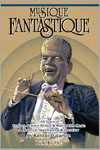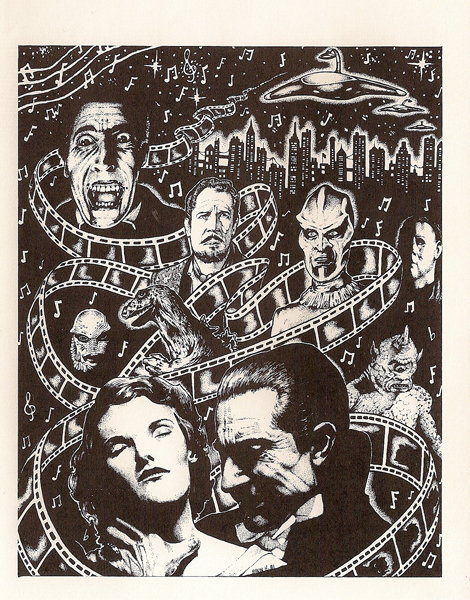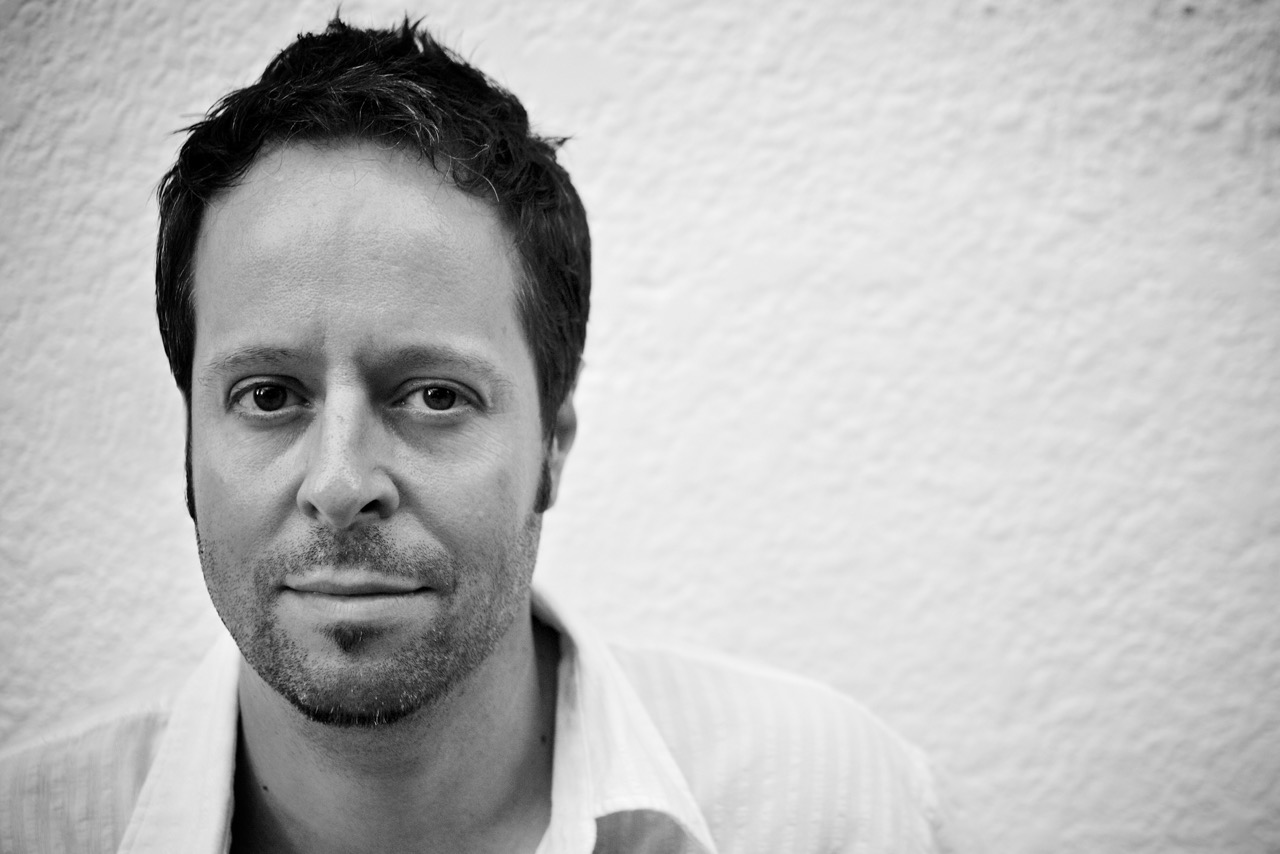
Clinton Shorter is a Canadian film and television composer who burst into widespread attention with his 2009 score for the science fiction film DISTRICT 9, prompting The Hollywood Reporter to hail him as one of the “Young Composers to Watch,” and earning a nomination for Breakout Composer of the Year by the International Film Music Critics Association (IFMCA). The Award winning North Vancouver, BC native developed a love for music at a young age. Clinton entered college as a music major specializing in Jazz Studies, but left to pursue writing music with an experimental rock trio only to return years later to study music composition and synthesis. After an apprenticeship with a composer in Canada, Clinton left to pursue projects of his own. His first film, an indie romcom titled COME TOGETHER, proved to be a hit and led to more work, including a short directed by Neill Blomkamp entitled ALIVE IN JOBURG which was the catalyst for DISTRICT 9. Academy Award winning director Peter Jackson saw the short and came in as the producer of the feature with Blomkamp set as director. Peter Jackson referred to Shorter?s music as a “brilliant score.” DISTRICT 9 was followed by a fistful of large-scale feature film scores such as POMPEII and CONTRABAND, and, during the last two years, work on short-run television series such as the medical drama CODE BLACK (CBS), the science fiction series THE EXPANSE (SyFy) and THE COLONY (USA TV), and the comedic drama HOUSE OF LIES (Showtime).
I had the opportunity to interview Clinton Shorter in early June, 2016, wherein he shared a bit about his experiences and objectives scoring DISTRICT 9, POMPEII, THE EXPANSE, and THE COLONY. – rdl
Q: It was Neill Blomkamp’s DISTRICT 9 that first brought you to international attention in 2009, but you’d actually been scoring shorts, TV-movies, and theatrical feature films in Canada for nearly a decade before that. How did you begin and what lessons did you learn about scoring films in that decade leading up to DISTRICT 9?
Clinton Shorter: After years of writing for my instrumental rock trio, I went back to school to brush up on my tech and studio skills. I then landed a job assisting a prolific Canadian film and TV composer for five years. I learned a lot from that experience. After a couple of years of shadowing him he had series that wouldn’t put temp music in the cuts so he would have me watch the episode and draft up a cue sheet based on where I thought music should be. That’s a huge aspect of the craft knowing when and where to have music, then what mood and how to get in and out gracefully. The cool part was that I was able to hear exactly what he would do in those scenes. It was immensely educational. After that I scored a dozen TV movies and half a dozen features which really prepared me for DISTRICT 9. It was the break of a lifetime but fortunately I got the break after I had learned the craft of scoring so that I had the confidence to know I could do it and more projects of that size after.
Q: What initially brought you into film scoring?
Clinton Shorter: It was by chance to be honest; I was in a rut writing for the trio when one night a friend of mine put the score to Never Cry Wolf by Mark Isham. It really resonated with me at the time. I didn’t realize the film was dictating what he wrote as I thought he was writing free form, but that was all I really wanted to do so the band ended quite soon after that.
Q: How did Neill select you to score ALIVE ON JOBURG and what kind of affect did scoring that short sci-fi film have what you were asked to do in DISTRICT 9?
Clinton Shorter: We had a mutual friend who worked with Neill at a vfx house so he introduced us. The short didn’t really have much influence on the film when it was all said and done.
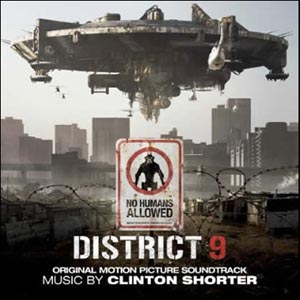
Q: What elements of DISTRICT 9 did you and/or Neill find to be most significant to center your score around?
Clinton Shorter: Neill wanted there to be a real South African sound to the score, but I found I had to venture north to get the aggressiveness he was after. The vocals were another part that was important to both of us. I used a Tanbur at times, a Kemanche which I then sampled and stretched for keys to use on Prawnkus, an electric cello was used, a massive array of percussion, a 50 player string section, lots of synths, and last but not least a solo male vocalist.
Q: Once you had the general concept of your score established, what was your process or technique in developing it across the entire arc of the story?
Clinton Shorter: The arc for the film was unique in that it was effectively a documentary for the first two thirds before it became more cinematic. Because of this, it wasn’t really possible to establish themes during the documentary section as Neill really didn’t want me to score those moments per se, he wanted it to be tapestry in the background that didn’t identify with the characters and accent cuts.
Sample Clinton Shorter’s DISTRICT 9 score on Soundcloud:
Q: How much experimentation did you have to do to get the right musical sound textures that you and Neill wanted? How did the music change from your original concept during the full scoring process?
Clinton Shorter: I had about a month to get a sound down, which was great. The biggest hurdle we had was interpreting what he wanted for the documentary type portion of the film. I scored quite a few scenes many times and it finally clicked when I decided to forgo scoring what was happening on screen and just write music that fit the mood.
Q: In addition to its straightforward sci-fi story, DISTRICT 9 is also full of subtexts and metaphors to contemporary reality. Did you treat these in any special way, musically?
Clinton Shorter: I tried to write with both sides in mind but keep it balanced.
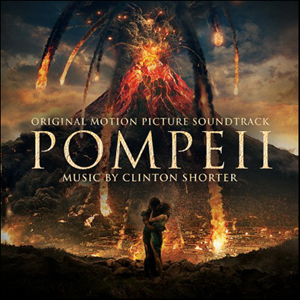
Q: In contrast, your richly impassioned, beautifully harmonically score for POMPEII is almost entirely orchestral and choral/vocal. How did you and director Paul W.S. Anderson determine this musical approach?
Clinton Shorter: Thanks! The first day I met Paul he said he hated themes in films, he thought they patronized the audience so he never wanted them in his films, but for this film it needed themes. It was quite funny. I spent the next month writing themes on the piano, which was really refreshing and rewarding. Ultimately he decided to cut back on the amount of themes but it was a great experience.
Q: Did the fact that POMPEII was about a true event and you were scoring characters based on those who actually lived (and died) in the volcano affect how you scored the film?
Clinton Shorter: I really don’t try to approach the two types of stories differently. As you observed, the subtext of DISTRICT 9 was that the mistreatment of the aliens is how some illegal aliens are treated today.
Q: How challenging was it to musically energize the epic images of the disaster and its eruptive devastation while also focusing on sympathy for victims and heroic survival music for the protagonists of the tale?
Clinton Shorter: It was challenging but Paul left moments of space and quiet for me to connect the viewer back to the characters at the right times.
Sample Clinton Shorter’s POMPEII score on Soundcloud:
https://soundcloud.com/milanrecords/clinton-shorter-pompeii-from
Q: You’ve scored a number of television series over the last two or three years. What led you into music for the small screen, and do you find composing music for a series with a potentially long-running story arc creatively challenging?
Clinton Shorter: We have a two-year-old and a four-year-old in the house now so I hadn’t been seeing too many films, as there wasn’t time. There’s so much incredible story telling in TV at the moment that I was excited get involved. I learned most of my craft from assisting on TV series but back then the shows weren’t serialized like so many are today. I find it a challenge but much like the story you get time to shift and hone it, which you don’t get in film.
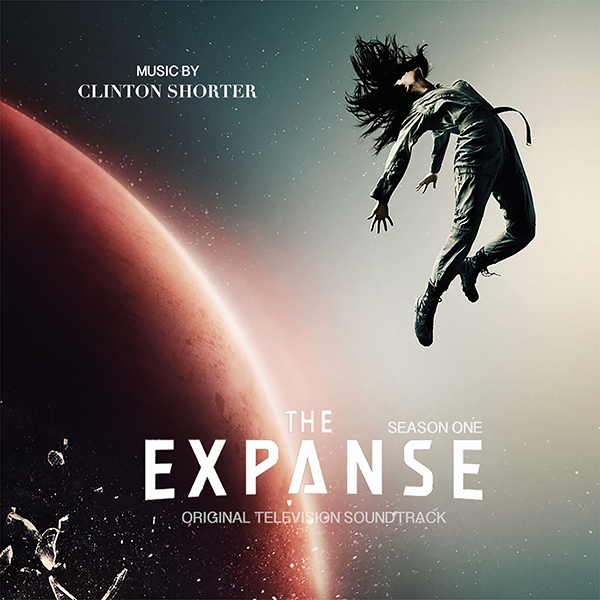
Q: With that in mind, how did you develop your score for THE EXPANSE? Exotic and ethnic elements such as an evocative vocalise and interactive textural designs are very much at home. How have you musically supported the show’s detective story format as well as its science fiction setting and future timeline?
Clinton Shorter: I tried to come at it from a modern multicultural place, but I also wanted to give Earth, Mars and the Belters their own sound. I approached the detective format only from Miller’s perspective, the regrets and struggles to find meaning in his life.
Q: As the first season proceeds, the detective story begins to take on global proportions. How have you developed your thematic architecture over the course of the season?
Clinton Shorter: It came slowly as there were a lot of story lines and characters in the early going. Miller’s theme/motif is that of all belters so I’m looking forward to expanding upon it in season two.
Q: How has the show’s budget affected what you can do, musically? Is this mostly a home studio-based production or have you also added live players into the musical mix?
Clinton Shorter: Aside from the vocalist for the main titles it’s me playing it all. It’s most definitely a contrast and it forces you to write a certain way so as not to expose the fact there aren’t live string players, but it’s still incredibly rewarding.
Sample Clinton Shorter’s Main Title theme from THE EXPANSE on Soundcloud:
https://soundcloud.com/masterofinstrumental/clinton-shorter-the-expanse-opening-theme
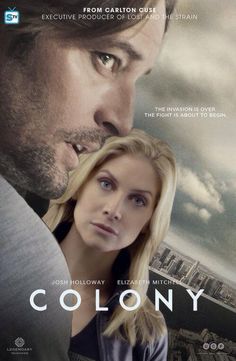 Q: You’re now scoring the sci-fi series COLONY, which returns to DISTRICT 9’s concept of an urban center occupied by alien forces. Would you describe your approach to this show and where it’s taken you musically?
Q: You’re now scoring the sci-fi series COLONY, which returns to DISTRICT 9’s concept of an urban center occupied by alien forces. Would you describe your approach to this show and where it’s taken you musically?
Clinton Shorter: There wasn’t much in the way of action in the first season so I tried to approach it from the personal side of things, how the characters cope in this new reality. Perhaps that will change in season two, I’m looking forward to seeing where Ryan and Carlton take us.
Q: What have you found most challenging so far in your career in film scoring – and what new creative challenges do you look forward to in the coming years?
Clinton Shorter: The long hours in the studio can wear on you and the family, but I get to write music every day for great people. Every project is so different that there’s always something to look forward to creatively. As long the gigs keep coming so will the creative challenges and achievements.
For more information on the composer, see his web site at http://www.clintonshorter.com/
Special thanks to Ashley Moore of The Krakower Group for her assistance in facilitating this interview.

